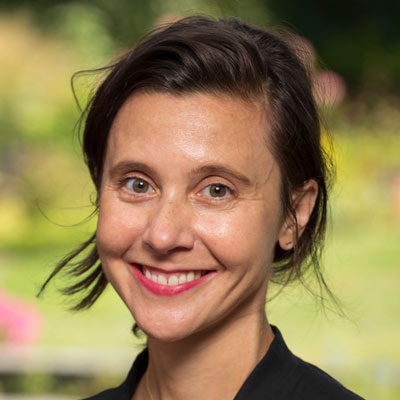
Adin E. Lears, PhD
Associate Professor
Affiliate Faculty in Gender, Sexuality and Women's Studies
Hibbs Hall, 900 Park Ave., room 324H
Medieval
Education
- PhD in English, Cornell University
- MA in English, Queens College, CUNY
- BA in Medieval and Renaissance Studies, Vassar College
Research Interests
-
Medieval literature
- Critical theory, especially related to affect, gender, and the post- or inhuman
- Sound studies
- History of science, technology, and medicine
- Ecocriticism and Animal Studies
- Modernism and the Middle Ages
Select Publications
- “Corruption, Consumption, and Chaucer’s Reenchantment of Craft in the Canon’s Yeoman’s Tale,” Studies in the Age of Chaucer (forthcoming, 2024).
- “The Elf and the Cyborg” Exemplaria 35 no. 3 (2023), 224-29.
- “Matter and Meaning: Early English New Materialisms” Exemplaria 35 no. 2 (2023), 91-108.
- “The Right to Care: On the Unruly Body and the Limits of Choice” The Hedgehog Review 24.3 (Fall, 2022).
- “Repetition, Craft Knowledge, and Richard Rolle’s Creaturely Sublime,” New Medieval Literatures (2021) 115-43.
Book
Additional Information
- Adin Lears has completed VCU Safe Zone training.